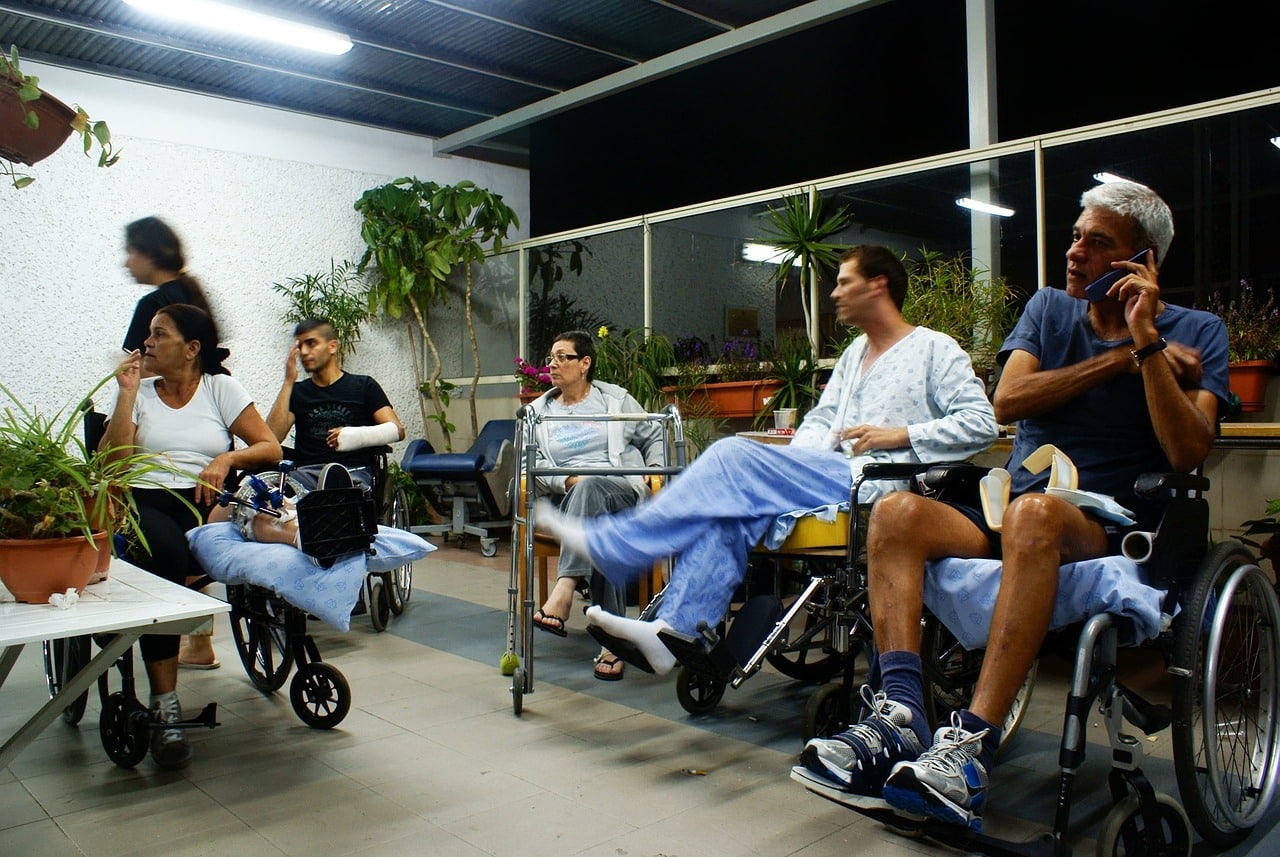
In medicine, re-education involves re-teaching how to use injured limbs or organs.
Reeducation consists of educating or teaching something again . The notion is associated with the verb reeducate .
This concept is used very frequently in medicine . Doctors reeducate the patient when they have to reteach how to use those organs or limbs that have been damaged by disease or trauma.
Reeducation, in this sense, involves a series of techniques that are used so that the person can once again use those faculties that they lost due to some type of incident.
Reeducation in different areas
The idea of reeducation, however, is applied in different areas. In the penitentiary system , for example, it is aimed at improving the training of the detainee so that he can reintegrate into society. In these cases, plastic and artistic activities are common, as well as education in a trade, to offer these people a job opportunity, once the sentence is over.
Psychofunctional rehabilitation , on the other hand, is linked to those techniques that are developed in an interdisciplinary manner and that seek to help a subject reverse some alteration.
Reeducation is also used when problems arise as a result of excessive effort or certain changes in some characteristic of the voice ; A very intense discussion in which people shout violently, or some very shocking event are usually the causes of these problems. Experts generally suggest not talking too much, whispering when possible, and not smoking, among other tips.
Finally, we talk about nutritional reeducation to refer to the process that seeks for a person affected by anorexia , bulimia or another disorder to recover a healthy diet. The intention is for the person to abandon the harmful habit and begin to associate food with a positive, healthy and essential element of life.

Food reeducation aims to recover healthy eating.
Rehabilitation after a coma
Sometimes a person's life is interrupted by an accident that suspends them in a coma for months or years. In the last decade, several cases of surprising recoveries have been reported. However, the experience of someone who wakes up from a coma is far from being as simple and miraculous as Hollywood makes it out to be .
Depending on the type of trauma they have suffered, these people may need assistance to relearn such basic, everyday actions as talking, eating, walking, and writing . Clearly, this entire process is very expensive and many patients do not have the financial means to cover the costs involved. As if this were not enough, on more than one occasion public sector doctors have recommended euthanasia for patients who, once they accessed private treatment, made a complete recovery.
One of the biggest challenges for someone who wakes up from a coma is recovering speech; For this, there are Speech Therapy professionals. In the same way, these therapists reeducate their patients to use their mouths to eat and ingest liquids, since they are most commonly fed through gastric tubes. Physiotherapy , on the other hand, is essential to help recover the mobility of the body in general, both for walking and for more sophisticated actions such as using a telephone.
Regarding memory, it is common for post-traumatic amnesia to occur ; This translates into an inability to remember events prior to the hospitalization period, as well as very recent experiences. The duration of this disorder is variable, but generally does not last more than a few weeks. There are also computer programs that assist doctors to cognitively stimulate patients; To use it, however, it is necessary to reach the point where the person can move at least one hand.
